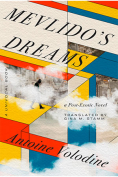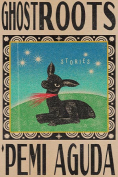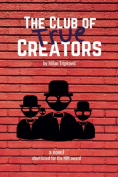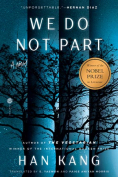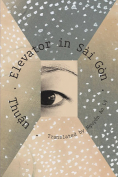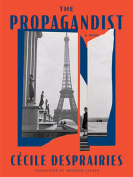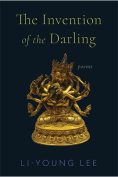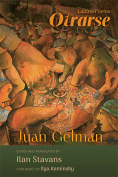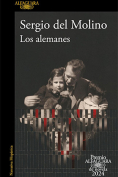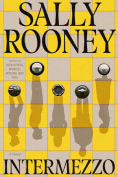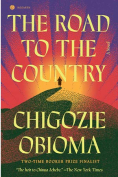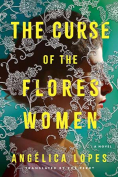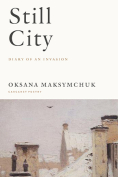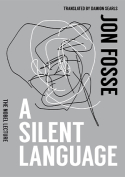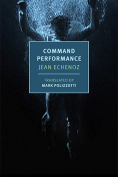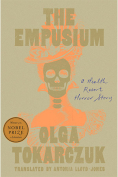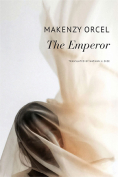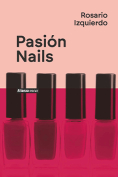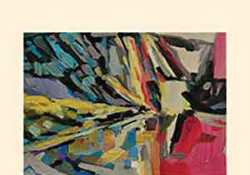Pasión Nails by Rosario Izquierdo
 Madrid. Alianza. 2024. 194 pages.
Madrid. Alianza. 2024. 194 pages.
Drawn in by its bright fuchsia façade, Pepa walks through the doors of Pasión Nails, a manicure salon in one of her hometown’s poor neighborhoods. Monthly visits to this salon allow Pepa to meet and interact with marginalized women on equal terms, which her previous employment by social organizations supporting this population group did not allow, but it is exactly Pepa’s feeling of identification with the women in the neighborhood that is the crucial feature of this novel. Her identification is built around various aspects of gender such as motherhood, marriage problems, care work in the family, or the different forms of violence exercised on the female body. These shared experiences bring together Pepa, her daughter Candela, the salon owner, employees, and clients.
While these issues affect all women due to their status as women, their responses also expose the differences among them. Middle-class women (Pepa and Candela) and those from the working classes (the women of the neighborhood) differ in terms of access to economic and cultural resources that could protect them from physical and economic violence. By incorporating class into the narrative, Spanish writer Rosario Izquierdo (b. 1964) adds a layer of complexity to gender-based identification.
The relationships between the women in Pasión Nails is further complicated by the fact that Pepa writes novels, and the conversations she participates in at the nail salon constitute the narrative material for the book she is working on. Izquierdo thus continues with one of her recurring themes: the role of literature, in particular, and culture, in general, in contemporary societies. Among talk about nail polish shades and weddings, cultural products are questioned with regard to how they impact ordinary people’s lives. The novel ironically contrasts different models of culture (culture as a sign of distinction and sophistication, as a form of passive entertainment, or as a structure of consolation) against an ideal of popular culture that aligns with the needs and interests of everyday people.
Ultimately, Izquierdo uses humor and stories of everyday women in Pasión Nails to critique the cultural and media products offered by the market, continuing the ongoing literary project of this atypical Andalusian author.
Ana M. Lopez-Aguilera
Bemidji State University
